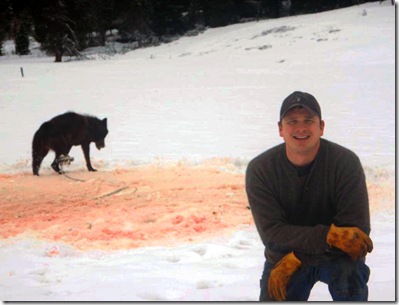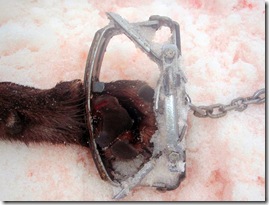Editor’s note: For those who are interested in reading more about this case I included the complete text from today’s story in the Great Falls Tribune with links to relevant source material.

Is Montana Attorney General Steve Bullock ignoring the best possible challenge to the U.S. Supreme Court's Citizens United ruling?
That's the question being raised by a growing chorus of activists and legal bloggers who claim the key to overturning the high court's polarizing landmark ruling - which allows corporations to donate unlimited amounts of money to political campaigns - lies in the 11th Amendment to the U.S. Constitution.
According to the legal theory proffered by Hawaii-based The Eleventh Amendment Movement and Essential Information, a nonprofit citizen action group founded by Ralph Nadar, the 11th Amendment bars federal courts from hearing lawsuits brought by private parties against states.
The groups argue the Supreme Court should not even consider the lawsuit challenging Montana's 100-year-old Corrupt Practices Act, American Tradition Partnership v. Attorney General.
Attorneys for the state say they're following the best course of action to defend Montana's campaign finance law, and one legal scholar called arguments in support of 11th Amendment jurisdictional claims "frivolous."
Supporters of the legal strategy say Montana has the best chance to deal a potentially lethal blow to the controversial Citizens United ruling but Bullock, the Democratic nominee for Montana governor, is refusing to take the best shot.
Part of their argument centers on the fact that lawyers for ATP made a technical error when they named Bullock, in his official capacity as the state's attorney general, as a defendant.
Supporters of the 11th Amendment argument say Bullock should seize on that technical error and try to convince the Supreme Court to toss the case, even if that means avoiding the chance to argue the merits of the case.
 "Montana has chosen to carry the banner of campaign finance reform for the whole country, and this case could well determine whether Citizens United applies to every state in the union," said TEAM attorney Carl Mayer.
"Montana has chosen to carry the banner of campaign finance reform for the whole country, and this case could well determine whether Citizens United applies to every state in the union," said TEAM attorney Carl Mayer.
Mayer is an attorney who filed one of two amicus,or "friend-of-the-court," briefs to the Supreme Court arguing that ATP's attempt to overturn Montana's campaign finance law should be rejected on 11th Amendment jurisdictional grounds.
"You have a conservative five-person majority on the court, and they all have embraced the 11th Amendment and state's rights arguments in other contexts," Mayer said. "For an attorney at any level to not raise a jurisdictional issue, especially in a case like this, is a serious litigation error."
Bullock's spokesman, John Doran, said the legal briefs filed by Montana are supported by some of the brightest legal minds in the country.
"Twenty-two states and the District of Columbia, as well as Sens. Sheldon Whitehouse, D-R.I., and John McCain, R-Ariz., agree with Montana's position," Doran said. "Our briefs focus on what this case is actually about: money in state politics and whether the court opened the floodgates of corruption in the states when it decided Citizens United."
On Thursday, the nine Supreme Court justices were scheduled to meet in conference to give final consideration to the case after delaying a decision last week.
 According to TEAM founder Adam Furgatch, the high court has three main options:
According to TEAM founder Adam Furgatch, the high court has three main options:
» It could accept the case and schedule a hearing for oral arguments;
» It could accept the case and summarily reverse the Montana Supreme Court's decision, or;
» It could reject the case and thus effectively uphold the Montana Supreme Court's decision.
Furgatch said Bullock still has time to raise the 11th Amendment issue before the Supreme Court announces its decision on whether to accept or deny the case, which could come as early as Monday.
According to Furgatch, if Bullock files a one-page motion between now and then asking the high court to dismiss the case for lack of jurisdiction based on the 11th Amendment claims, then it would be difficult for the justices to accept and then summarily dismiss the case without first considering the 11th Amendment jurisdictional claims.
"There hasn't been one single legal commentator or law professor who has been able to find fault with the 11th Amendment argument," Furgatch said.
On Thursday, one such law professor did step forward to dismiss Furgatch and Mayer's arguments.
 William "Bill" Marshall is the Kenan professor of law at the University of North Carolina. Marshall also served as deputy White House counsel and deputy assistant to the president of the United States during the Clinton administration.
William "Bill" Marshall is the Kenan professor of law at the University of North Carolina. Marshall also served as deputy White House counsel and deputy assistant to the president of the United States during the Clinton administration.
Marshall said the 11th Amendment claims laid out in the amicus briefs "border on the frivolous" and defended Bullock's decision to not raise the issue before the high court.
"If the Supreme Court did not have jurisdiction over cases like this one, it would seriously cut back on the ability of the Supreme Court to exercise jurisdiction over constitutional rights in cases going back, literally, 100 years," Marshall said. "There's no doubt the U.S. Supreme Court has jurisdiction over federal issues.
Mayer and Furgatch said Montana Assistant Attorney General James "Jim" Molloy acknowledged Bullock's office considered the 11th Amendment argument, but the state's attorneys are reluctant to raise the issue.
In a June 6 email to Furgatch and Mayer, Molloy wrote that the Attorney General's office considered TEAM's arguments and theories "with respect to the issues presented in this case, as well as with respect to the potential implications in other contexts, if (TEAM's) theories were adopted."
Furgatch and Mayer contend that Molloy's email appears to acknowledge the 11th Amendment argument is strong enough to win.
"They have a fear that it's a good argument and it could win but they are afraid of potential implications in other contexts, but they don't say what those are," Furgatch said.
Molloy elaborated on the state's position in an interview Thursday.
"The 11th Amendment argument extended to its logical conclusion would mean the U.S. Supreme Court has no authority if a state supreme court were to ignore a Supreme Court ruling," Molloy said. "That's not a position the state of Montana believes in and it is not one we chose to advocate for."
Molloy pointed out TEAM's 11th Amendment argument is already before the court in the form of the two amicus briefs, and he said the justices are free to consider those arguments without the state having to make them.
"We presented it to leading constitutional lawyers around the country. We evaluated it and no one felt it was a wise or meritorious approach to take in this case," Molloy said. Doran said the amicus briefs filed by TEAM and Essential Information do not directly address Citizens United, but instead rely on a "questionable legal theory" that would "basically allow states to avoid following the U.S. Constitution."
"Attorney General Bullock will not be distracted from the real issues presented in this case. He will keep his eye on the ball and continue to fight for clean and fair elections in Montana and across the nation," Doran said.
"All questions before the Supreme Court are questionable before the court rules," TEAM responded in a statement late Thursday. "In this case, where four justices are already opposed to Citizens United on the merits, only one justice needs to be persuaded by our side of the question to make this the winning argument."
The TEAM statement went on to say that contrary to Doran's response, the 11th Amendment argument "allows the precise application of the Constitution's 11th Amendment principles to win the case."
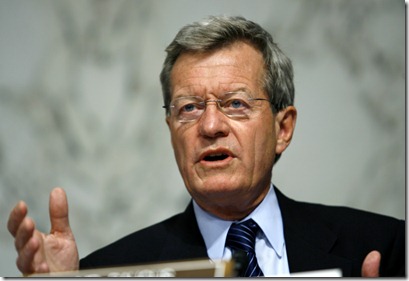 According to the National Journal’s “Influence Alley” blog, Montana U.S. Sen. Max Baucus, 70, is “losing his top tax staffers by the day.”
According to the National Journal’s “Influence Alley” blog, Montana U.S. Sen. Max Baucus, 70, is “losing his top tax staffers by the day.”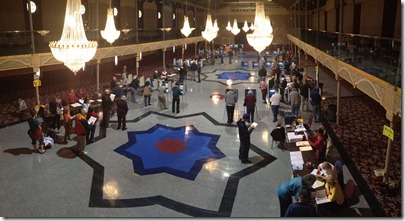

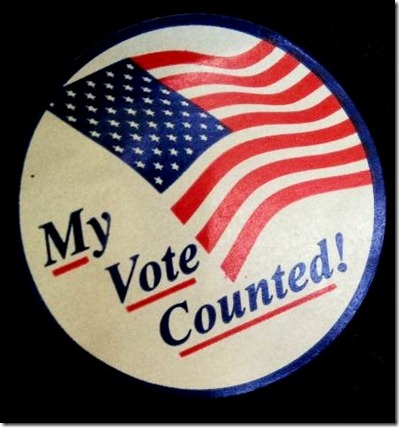



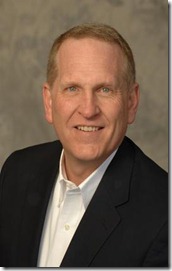
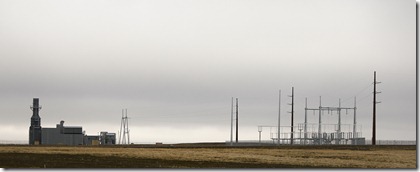
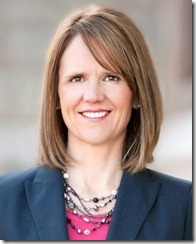


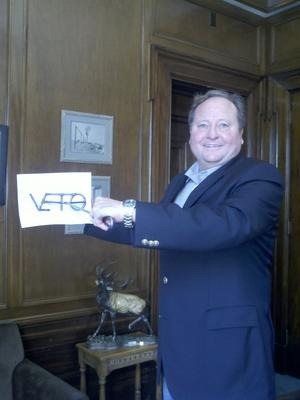 Schweitzer has built a national following among some members of his party who admire his no-holds-barred approach to taking on Republicans in the Capitol. From calling the GOP-controlled Legislature “
Schweitzer has built a national following among some members of his party who admire his no-holds-barred approach to taking on Republicans in the Capitol. From calling the GOP-controlled Legislature “ It should come as no surprise to Montanans that Democratic Sen. Max Baucus,
It should come as no surprise to Montanans that Democratic Sen. Max Baucus, 




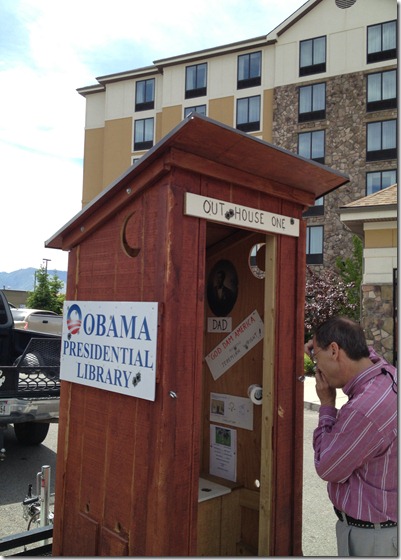



 Today as I was standing in line at my favorite lunch joint when my cell phone rang. The number that popped up was that of GOP gubernatorial candidate Ken Miller.
Today as I was standing in line at my favorite lunch joint when my cell phone rang. The number that popped up was that of GOP gubernatorial candidate Ken Miller. 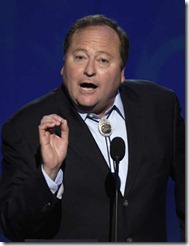


 McAdam said he was pleased that Kozinski took the step of appointing an investigative committee.
McAdam said he was pleased that Kozinski took the step of appointing an investigative committee. 
 Helena and around the state documenting the political and social battles waged over the state’s groundbreaking medical pot law which passed with more than 60 percent of the vote in 2004.
Helena and around the state documenting the political and social battles waged over the state’s groundbreaking medical pot law which passed with more than 60 percent of the vote in 2004. 